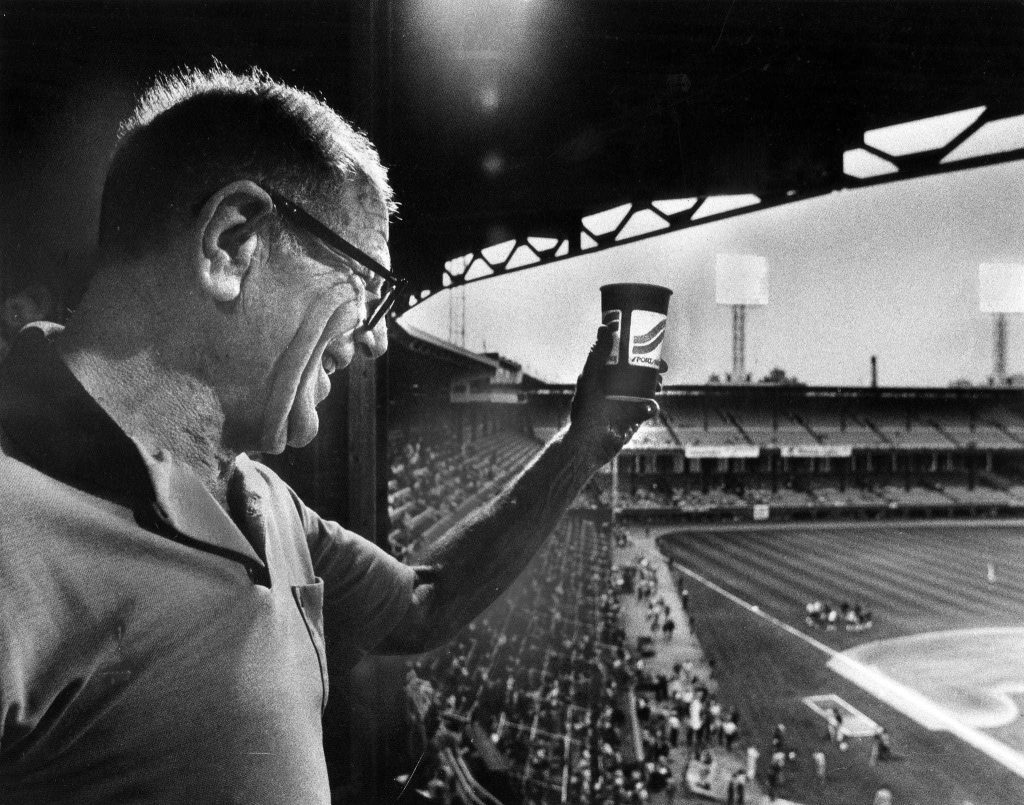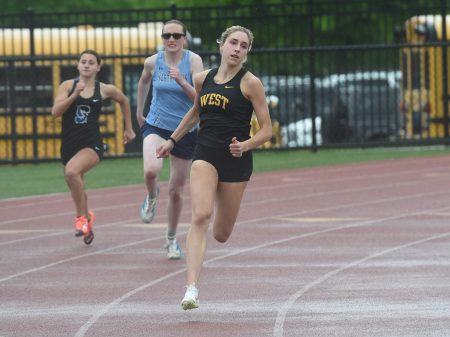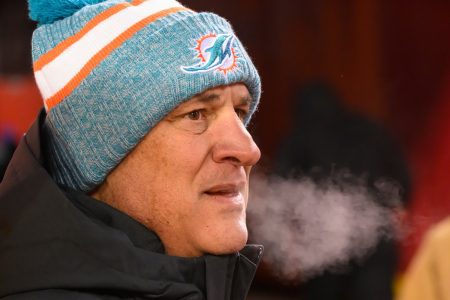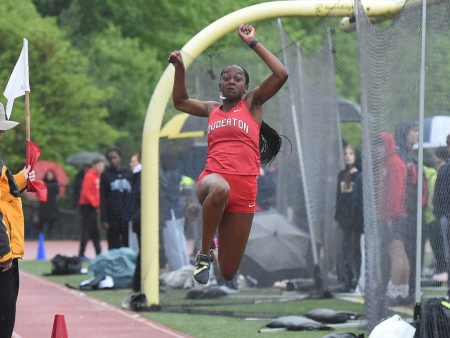When the Chicago White Sox revealed a new stadium on 35th Street in 1991, owner Jerry Reinsdorf was impressed by its beauty and believed it would be one of the best stadiums in Major League Baseball for many years.
However, since the original Comiskey Park was closed and the new stadium was built, the current home stadium of the White Sox has faced a lot of criticism and tension from fans, despite significant improvements being made.
Recently, it was revealed that Reinsdorf and the White Sox were discussing the possibility of building a new baseball-only stadium about 3 miles northeast at Roosevelt Road and Clark Street as part of a large development in the South Loop known as “The 78.”
Ald. Pat Dowell, representing The 78, confirmed that the developer wants to talk about the White Sox moving to that location.
Dowell stated that she will meet with the developers of The 78 to discuss the potential of a new stadium for the Chicago White Sox.
Ald. Nicole Lee, who represents the area of Guaranteed Rate Field where the team currently plays, also plans to meet with the developer and the Sox regarding the proposal.
Lee, a lifelong fan of the White Sox and now an alderperson, is strongly committed to keeping the team on the South Side.
Although there are still significant questions about the talks and the feasibility of the plan, news of the potential relocation has sparked hopes that a modern ballpark closer to downtown could revitalize the team and its fan base.
Allen Sanderson, a senior lecturer at the University of Chicago specializing in sports economics, expressed that the current ballpark location is unattractive and not in a desirable neighborhood, making the experience of going to games not very enjoyable for fans.
The developer, Related Midwest, declined to comment on the discussions about the potential move. The Illinois Sports Facilities Authority has not been involved in the talks, according to the organization’s CEO, Frank Bilecki.
Bilecki mentioned that he is not part of the discussions yet and has limited knowledge about them since the team is a tenant and they are exploring their options as tenants usually do.
The Chicago Sun-Times reported that “serious” negotiations have occurred between the Sox and Related Midwest regarding the potential move to The 78.
The White Sox and Mayor Brandon Johnson issued a joint statement that did not mention the possibility of a new stadium being built on the site.
The mayor and the Chicago White Sox chairman recently met to discuss the long-standing partnership between the team and Chicago. The team shared its plans to stay competitive in the city for a long time. The Johnson administration is committed to continue this conversation in the future.
Sanderson, a dedicated Sox supporter who frequently goes to games, and is also a vocal opponent of using public money to build stadiums, expressed doubt that a new ballpark would significantly increase game attendance.
He pointed out that the main issue may be the team's poor performance in baseball, combined with the unpopular senior ownership.
However, a new White Sox stadium could become a central point for the South Loop, similar to how Google will be for the north when it takes over the James R. Thompson Center. James R. Thompson Center, said Robert Sevim, a Chicago-based president of Savills, a commercial real estate firm.
Robert Sevim, a president of Savills, a commercial real estate firm based in Chicago, expressed that this could have a big impact if it happens. He believes a whole community could be built around the ballpark. Wrigley Field has a whole community around it, which makes it special, and in some ways, a White Sox park might even do better because it has a fresh start.
Sevim was a consultant on The 78 project several years ago, but was not involved in any potential deal with the White Sox.
A major league ballpark would likely help kick off other on-site development, perhaps including residences, offices, restaurants and retail, he added, all accessible to downtown residents and workers, he said.
It is uncertain what impact losing the team would have on the Bridgeport area, which has been its home for over a century.
Bill Jackson, executive director at the University of Illinois’ Discovery Partners Institute, said a new home for the White Sox won’t interfere with his group’s plans to construct a $250 million headquarters at the 78.
DPI still plans to break ground this year on the eight-story, glass-and-steel dome, and complete it by December 2026.
Jackson added that he was shown drawings of the proposed stadium this week and believes having an on-site ballpark will help attract more scientists and startup firms to DPI’s future lab, research and office spaces.
He also expects the new infrastructure needed for the ballpark, including additional parking and transportation upgrades, will be useful to DPI as it expands.
A Sox stadium on The 78 site would be a huge positive development for the team and the city — but that doesn’t mean it will happen, said SportsCorp Ltd. President and consultant Marc Ganis, who is not involved with the proposal.
There are many obstacles, Ganis said, the first being money. Sox owner Jerry Reinsdorf is not known as a big spender, and Johnson has other priorities eating up resources, such as schools, pensions, public safety, and now, the migrant crisis.
“This site could be a great one for the Sox for generations to come,” Ganis said. “But a lot of things that make sense around here don’t happen.”
The question about how any new ballpark would be funded is significant. Guaranteed Rate Field — where the Sox lease runs through 2029 — was paid for using money raised through an increase in Chicago hotel room taxes in a last-minute deal in Springfield in 1988. The city and state also each kick in $5 million per year.
The ISFA still has about $50 million left to pay for the construction of the stadium, which opened near 35th Street and Shields Avenue in 1991.
Gov. J.B. Pritzker has indicated he’s generally not in favor of state funding going toward private, professional sports teams. He expressed this sentiment in the last year over rumblings about whether the Sox would move and in the Chicago Bears’ search to find a new stadium in the city or suburbs.
As for the reports of the latest talks involving a possible new stadium for the Sox, Pritzker suggested he’d be open to listening to any proposals.
“Nobody’s made an ask yet, so having said that, I think you know my views about privately owned teams and whether the public should be paying for private facilities that will be used by private businesses,” the governor said during an unrelated event at an elementary school outside of Springfield. “Having said that, I mean, there are things that government does to support business all across the state, investing in infrastructure, making sure that we’re supporting the success of business in Illinois.
“So, as with all of the other (things), whether it’s sports teams or other private businesses, we’ll be looking at whatever they may be suggesting or asking.”
Where the Sox will be playing in the future has been a topic of conversation for several months.
In August, Crain’s Chicago Business reported the team was considering a move when its lease at Guaranteed Rate Field expires.
At that time, the Sox said in a statement: “We have not had any conversations about our lease situation, but with six years remaining, it is naturally nearing a time where discussions should begin to take place. The conversations would be with the city, ISFA and the state and most likely would be about vision, opportunities and the future.”
The Sox confirmed a meeting between Reinsdorf and Nashville Mayor Freddie O’Connell took place during the MLB winter meetings in December. But they did not disclose the topics discussed.
Nashville has long been mentioned in speculation as a city to consider if MLB decides to expand.
A Sox move could add a wrinkle to the Bears’ efforts to build a new enclosed stadium. The Bears spent $197 million to buy the former Arlington Park racetrack almost a year ago but have made little progress since then to get tax subsidies or resolve a dispute over property taxes with local school districts.
The Bears have also had discussions with Johnson about staying in the city and with officials about potential sites in Naperville, Waukegan and elsewhere.
Arlington Heights Mayor Tom Hayes said he couldn’t speculate about how the Sox talks might affect the Bears’ options, saying he was still trying to arrange face-to-face meetings between the team and the schools.
“I don’t anticipate that this would negatively impact the momentum we’ve been trying to gain,” he said. “We’re very hopeful things are moving in the right direction, and we’re continuing to work on it.”
A Sox relocation to The 78 might be modeled on the Atlanta Braves’ Truist Park, which opened in 2017 as an anchor to The Battery, a surrounding area of restaurants, housing and entertainment.
Such a mixed-use development is what the Bears have suggested for Arlington Heights. But at 62 acres, the Chicago location is much smaller than the 326 acres at the former Arlington horse track.
Chicago Tribune’s Jeremy Gorner, reporting from Rochester, Ill., and Jake Sheridan contributed.
()









